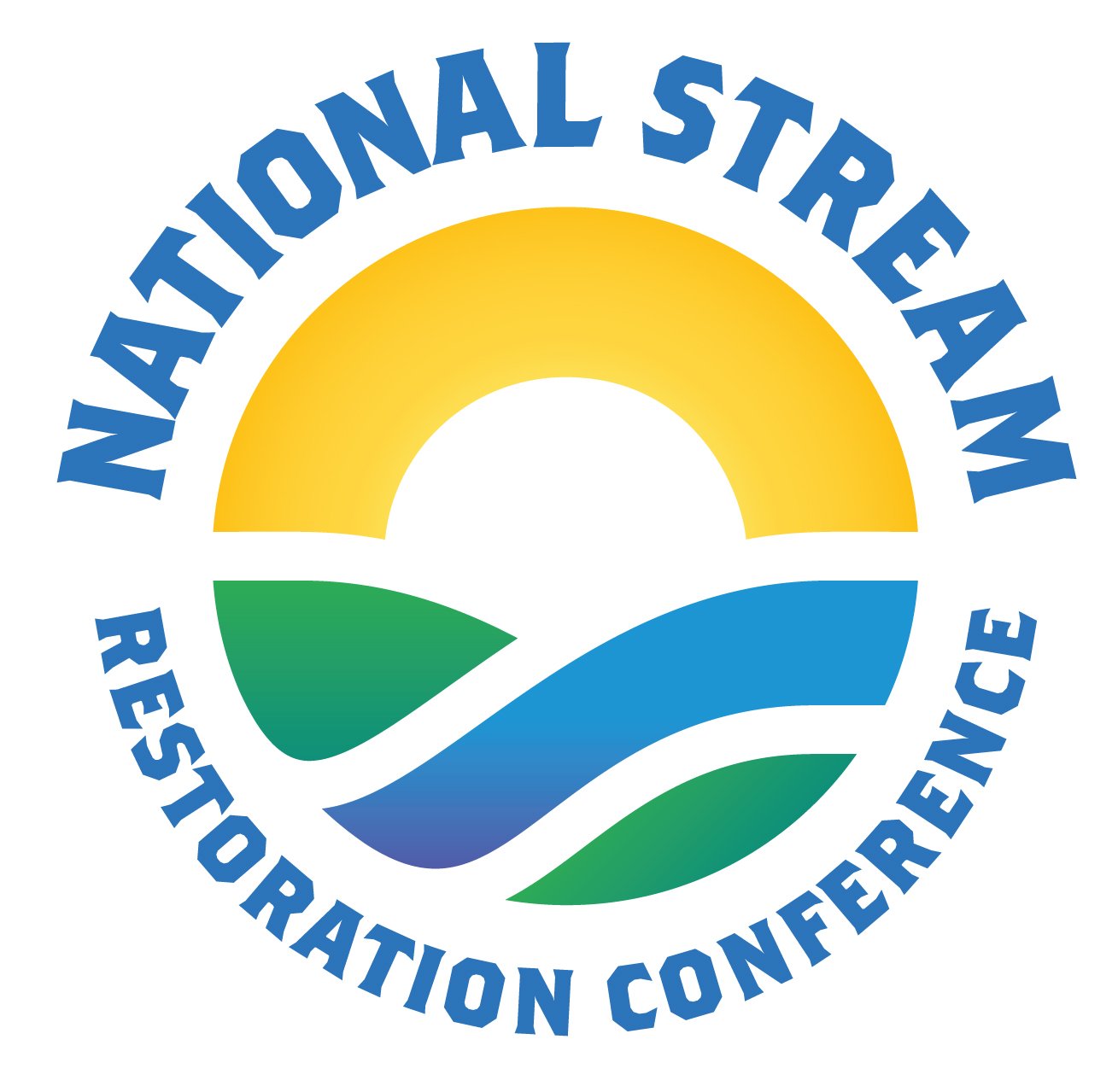Maintaining Forests in Stream Corridor Restoration
Lisa Fraley-McNeal
Center for Watershed Protection, Inc.
Fulton, MD
The importance of forest buffers for stream health has been widely documented. With growing interested and implementation of stream restoration in the Chesapeake Bay Watershed, there is an increasing need for research about how to protect riparian buffers and minimize impact on those buffers, especially healthy, mature trees, during stream restoration construction. The Chesapeake Bay Program (CBP) Stream Restoration Expert Panel Report (Schueler and Stack, 2014) and recent work group updates (Wood et al., 2021) intended for the stream restoration crediting protocols to be part of a holistic watershed approach and included qualifying conditions that offer some protection for riparian vegetation. However, stream restoration projects are commonly implemented with the main goal of obtaining TMDL credits, and the qualifying conditions for riparian vegetation have not been consistently met. The rapid increase in stream restoration implementation has led to growing concern and controversy about the effects of stream restoration on whole-ecosystem health and services.
The Center for Watershed Protection, Inc. (CWP) worked collaboratively with the CBP and stakeholders to evaluate methods to reduce impacts of stream restoration projects on existing riparian ecology and forest buffers in Maryland, Pennsylvania, and Virginia. Findings from the project were used to develop a guidance document for local governments on the best practices to minimize unintended adverse outcomes to riparian forests/ecosystems and identify opportunities for coupling these practices to improve water quality and habitat improvements. The intention of the project was to help improve site selection, permitting, design, and construction of stream restoration projects in the Chesapeake Bay watershed. This presentation will provide an overview of the best practices for minimizing impacts to riparian forests/ecosystems, as well as identified programmatic and research recommendations.
About Lisa Fraley-McNeal
Lisa Fraley-McNeal is a Senior Watershed and Stormwater Research Specialist at the Center for Watershed Protection with over 17 years of experience. Her areas of expertise include GIS and field methods for watershed assessment, watershed planning, stream restoration, Chesapeake Bay TMDL crediting, and applied research on topics related to watershed and stormwater management. She served as one of the Sediment and Stream Corridor Restoration Coordinators for the Chesapeake Bay Program and helped with development of the Stream Restoration Expert Panel Recommendations and subsequent workgroup updates. She has a B.S. degree in Geography and Environmental Systems, with a writing minor and cartography certificate from the University of Maryland, Baltimore County. Lisa also has a M.S. degree from the University of Maryland, Baltimore County in Marine and Estuarine Environmental Science and is currently working on her graduate GIS Certification at NC State University.

